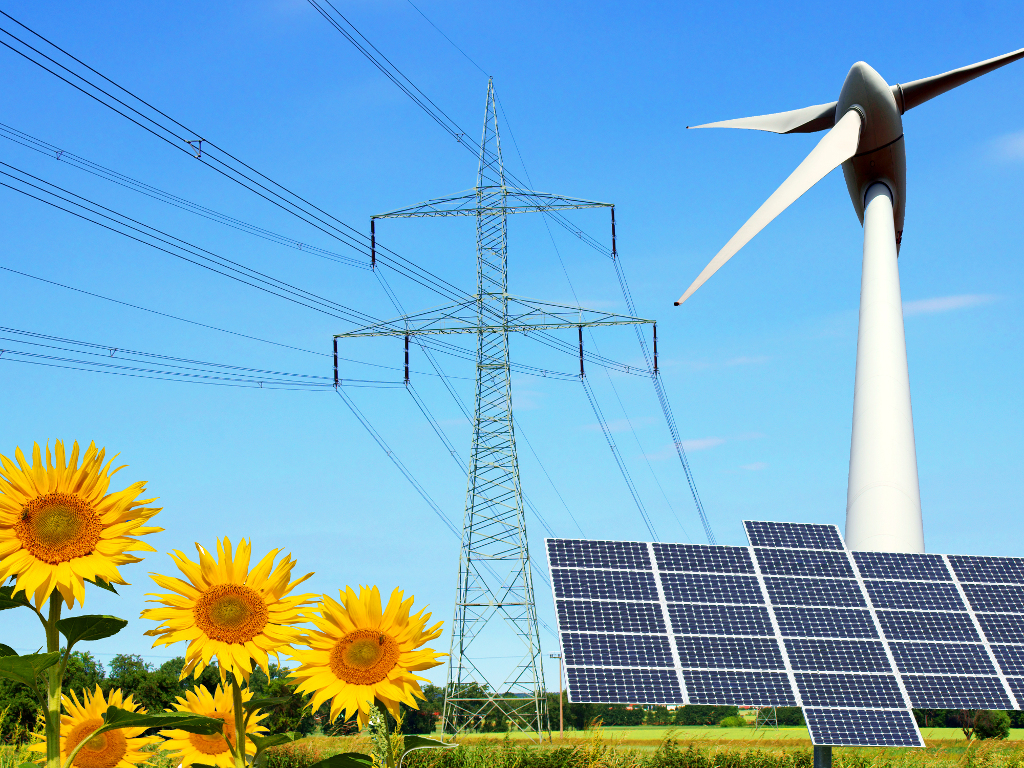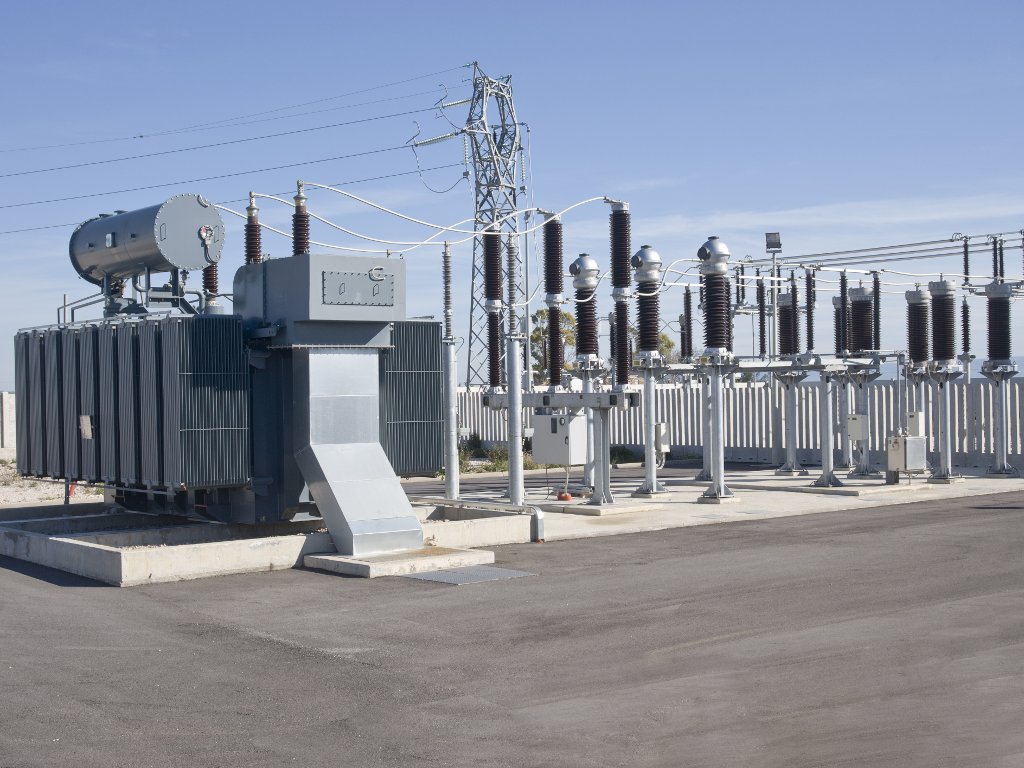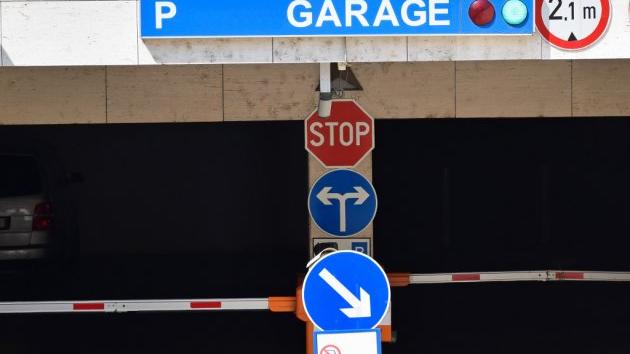Insufficient integration of regional power market costs EUR 16 million a year – Biggest challenges legal, political and institutional
 Monday, 04.02.2019.
Monday, 04.02.2019.
 08:57
08:57

Although all Western Balkans countries have accepted the obligation of opening the power market, liberalization has not started in certain countries, whereas in some others it is more or less being carried out.
When it comes to the energy benefits from mini hydro power plants as opposed to the environmental damage and the Energy Community's position on this issue, it was said that the HPPs made up 1% of Serbia's energy balance in 2018, whereas other renewable energy sources (RES) made up 3%. It was also concluded that the Energy Community had no preference as to the type of energy.
– All countries have a clear framework they need to implement. An environmental study is always prepared and that is the deciding factor. We don't need to back or ban anything. Regulations must be complied with and they must be clear – stated Jasmina Trhulj, Head of Electricity Unit at the Energy Community Secretariat.
She added that the biggest challenges for the regional integration of the power market at the moment were of legal, political and institution nature.
As she said, the full integration of the Western Balkans' power market into the European power market requires an upgrade of the regulations and the implementation of identical rules in all countries. Prior to that, the Energy Community agreement needs to be changed.
– In December 2018, the European Commission initiated the procedure of the changing of the Energy Community agreement. Two meetings, both of which Serbia attended, have been held so far.
The regional integration of the power market is nevertheless slow, Trhulj added and said that the progress from November 2017 to November 2018 amounted to only 5%.
– A consequence of the insufficient integration of the power market in the region is an annual loss of around EUR 16 million – Trhulj said.

EU charges for CO2 emission?
David Zarkovic, the director of the Free Market Trade Sector at EPS said that there were rumors that the EU might implement charges for producers of electrical energy in the Western Balkans due to the emission of carbon-dioxide. He said that this would have a great impact on the price of electricity, but that he wasn't sure that it would happen.
– There have been certain rumors that this charge might be implemented in the Western Balkans six. We will certainly not enter the CO2 mechanism, but can you imagine the current price of EUR 24 per MWh being affected? It would be a great increase – Zarkovic said.
Jasmina Trhulj said that there was no time framework for this and that a study for subsidies in the coal sector was being prepared at the moment, adding that the Energy Community was looking to start the discussion about this topic with the study.
Serbia has the cheapest electricity in the region
Talking about the power markets in the Western Balkans, Trhulj previously said that Serbia had the lowest price of electricity in the region at 7 Euro-cents per kWh and that Bulgaria had the lowest price among the EU states.
She noted that the country needed to consider sustainable development and what kind of inheritance is left to the upcoming generations.
– When electrical energy is cheap, you don't notice spending it. As the price grows, the consumers adapt, so the optimal energy efficiency is in fact when the price of electrical energy is slightly higher. If it is cheap, there is no sustainable development, which would mean that this generation's needs are met, but not at the expense of the next one's – Trhulj pointed out.
The conference was also attended by Dalibor Muratovic, the head of the Directorate for Power Distribution at MH Elektroprivreda Republike Srpske, and Darko Krivokapic, the power management executive at Elektroprivreda Crne Gore.
S.P.
 Akcionarsko društvo Elektroprivreda Srbije Beograd
Akcionarsko društvo Elektroprivreda Srbije Beograd
 Energy Community Secretariat Viena
Energy Community Secretariat Viena
 MH ERS MP a.d. Trebinje
MH ERS MP a.d. Trebinje
 Elektroprivreda Crne Gore ad Nikšić
Elektroprivreda Crne Gore ad Nikšić
Most Important News
06.04.2024. | Agriculture
Preconditions for Placement of Fresh Blueberries and Dried Plums in Chinese Market Secured

16.04.2024. | News
Jovan Ciric, Leasing Director Retail MPC Properties – MPC Echo symbolizes our desire for good ideas and innovative endeavors to spread freely and bring about positive changes

16.04.2024. | News
10.04.2024. | Finance, IT, Telecommunications, Tourism, Sports, Culture
Creative Industry – What This Serbian Economy Sector Worth EUR 2 Billion Encompasses

10.04.2024. | Finance, IT, Telecommunications, Tourism, Sports, Culture
22.04.2024. | Transport
City of Belgrade selling garages – Initial price EUR 7,000

22.04.2024. | Transport
16.04.2024. | News
Economy Fair in Mostar opens – 26 companies from Serbia exhibiting

16.04.2024. | News
22.04.2024. | News
German retail chain Mix Markt to open first stores in Serbia in three locations on April 29

22.04.2024. | News


 Izdanje Srbija
Izdanje Srbija Serbische Ausgabe
Serbische Ausgabe Izdanje BiH
Izdanje BiH Izdanje Crna Gora
Izdanje Crna Gora


 News
News






